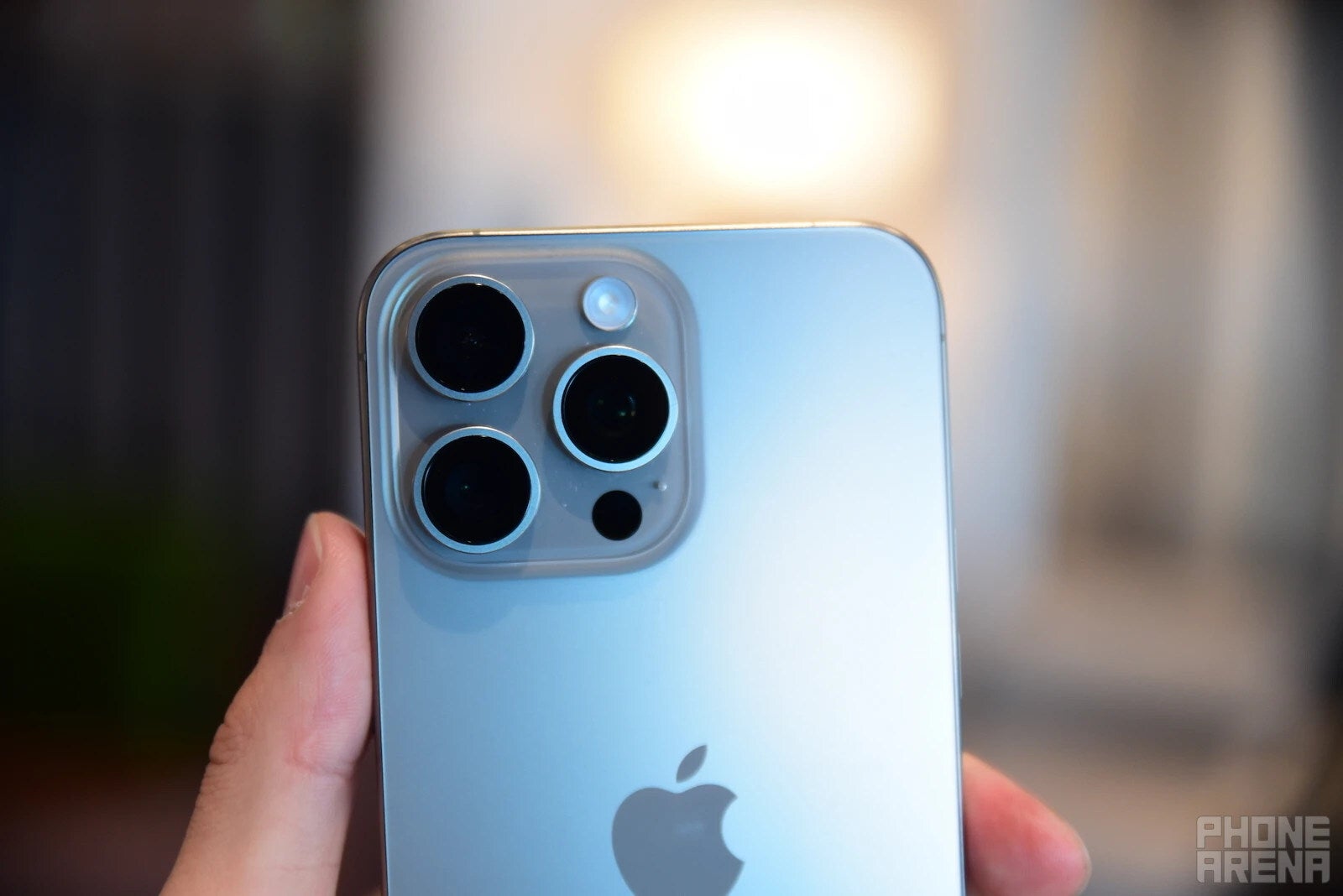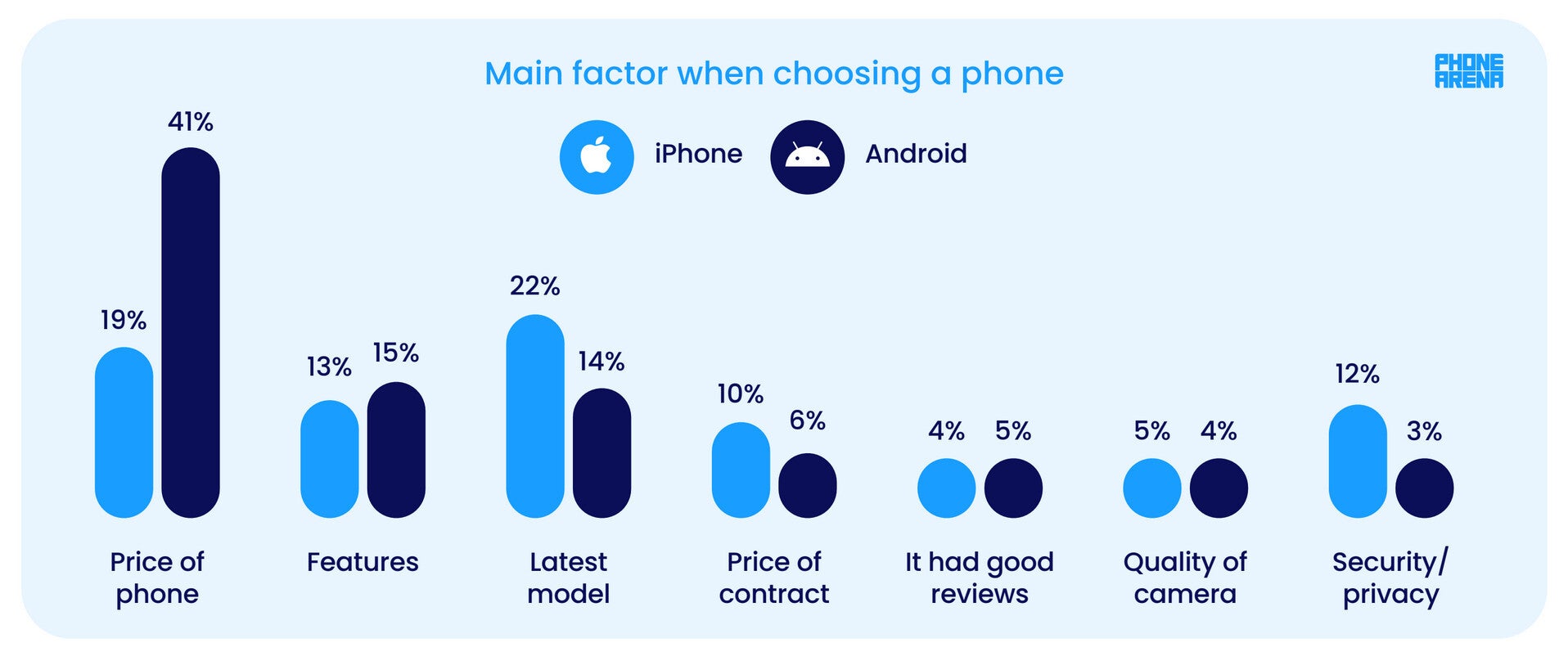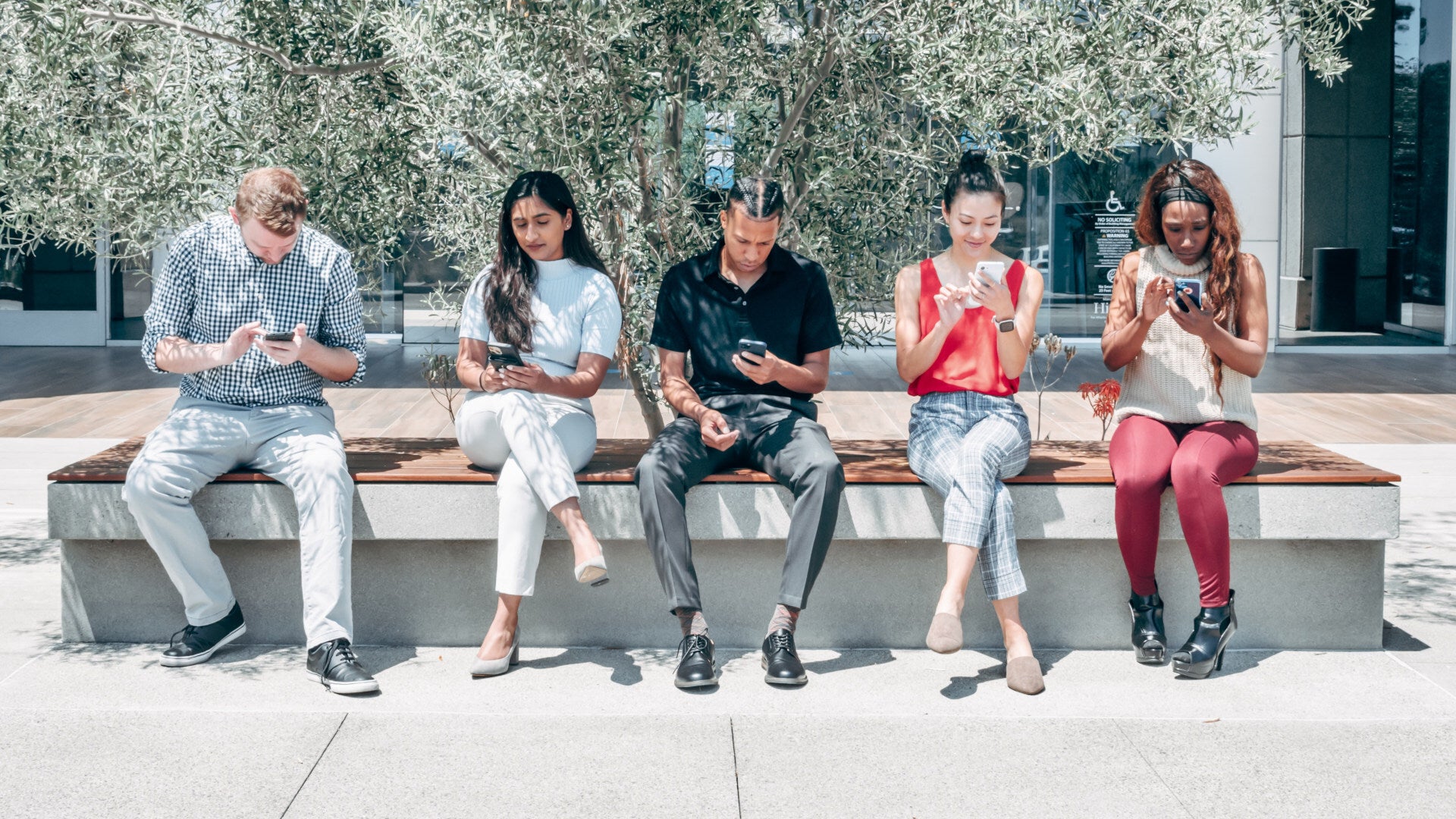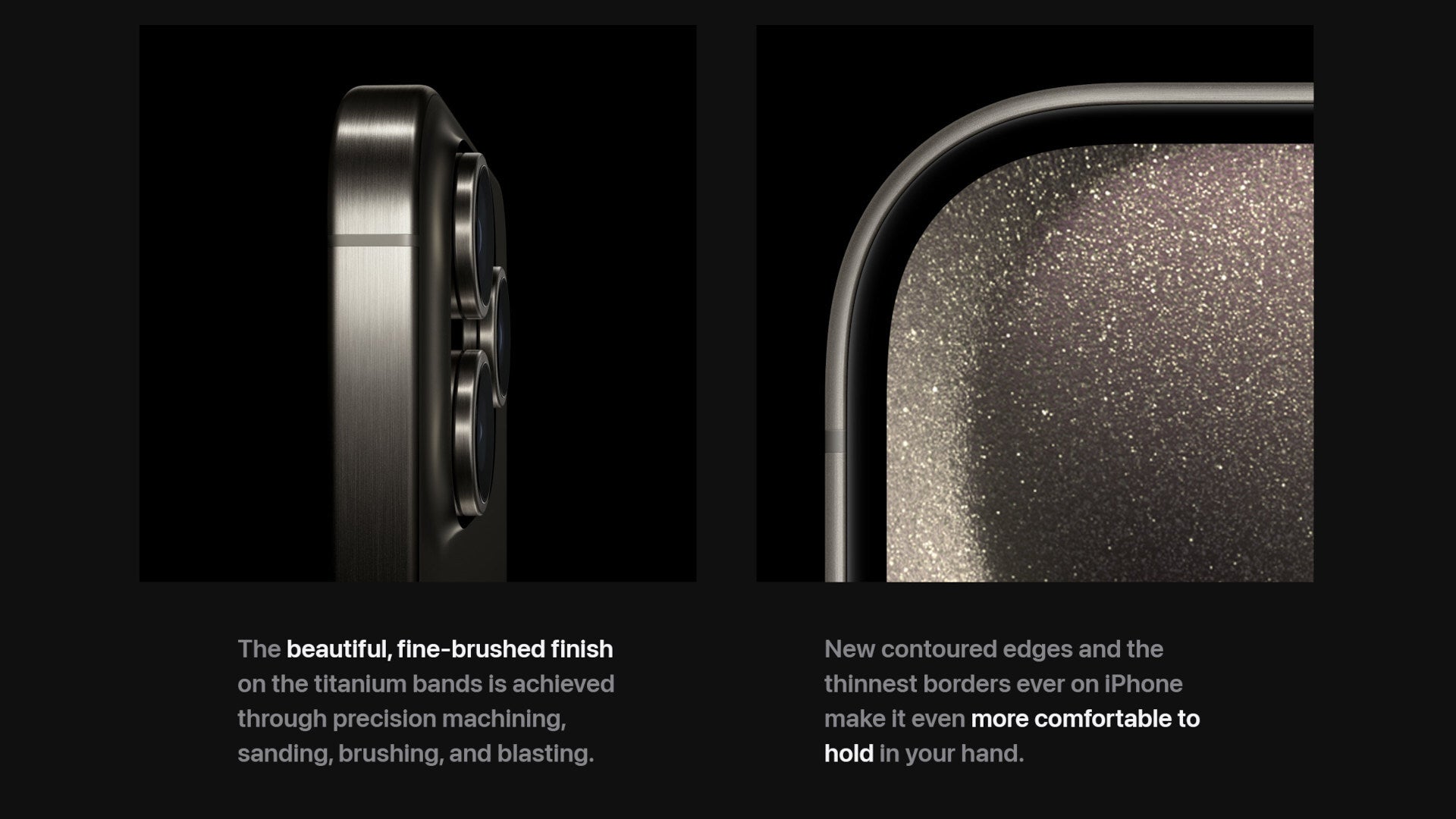You don’t need iPhone 15 Pro but you want it: The psychological tricks Apple plays to make you upgrade
This article may contain personal views and opinion from the author.
We may earn a commission if you make a purchase from the links on this page.

The allure of new (i)Phones: why you’re always chasing after the new shiny thing
Each year, Apple comes out with a new iPhone model, and each year, millions around the world face the same pressing question: to upgrade or not to upgrade? The iPhone 15 Pro, which just came out, surely presents a compelling case for buyers, armed with a whole host of shiny new gadgets and features, like the TetraPrism 5x camera, super-powerful A17 Pro chipset and sexy Titanium frame.
In a way, it has zero mercy for frequent buyers who can’t always contain their enthusiasm and are all too ready to add “one more thing” to their credit card bill.
While I’m not at all opposed to this annual ritual, I believe it’d be advantageous and fun to look deeper into the guilty pleasure of purchasing new technology and explore the intricate dance between emotion and reason.
While I’m not at all opposed to this annual ritual, I believe it’d be advantageous and fun to look deeper into the guilty pleasure of purchasing new technology and explore the intricate dance between emotion and reason.
It’s not just about hardware: the new iPhone 15 is still a symbol of status
That the iPhone is seen as a symbol of status is common knowledge at this point, but what’s really impressive is how Apple managed to maintain this image for so long. Ever since the first iPhone came out in 2007, this particular product line has proven to be not just a technological marvel, but a pivotal invention that forever shaped our culture.
The iPhone is a very special breed of consumer good which is both mass-market and luxurious at the same time. In many ways, possessing the latest iPhone has become synonymous with success, style and modernity over the years.
The iPhone’s success wasn’t only due to technological innovation (of which it had quite a bit), so the way I look at it is as a whole package containing the hardware product, the breakthrough software, the unique market positioning and the business model.
The iPhone is a very special breed of consumer good which is both mass-market and luxurious at the same time. In many ways, possessing the latest iPhone has become synonymous with success, style and modernity over the years.

Ah, the three cameras in trademark triangle arrangement – talk about crafting an immediately recognizable and unmistakable design element | image credit - PhoneArena.com
I believe this perception isn’t accidental, but rather the function of precision marketing campaigns, iconic design features and a subtle aura of exclusivity, which, for some reason, only Apple can concoct. I would not pretend to understand how it all works. Bottom line is, Apple has managed to position the iPhone as an object for users to express their identity with and, perhaps, even their belonging to a certain social echelon.
You want an iPhone 15 because you’ll feel good, not because you need it
Whenever a new flagship is released, be it an iPhone or an Android phone, tech media and influencers rush to test camera performance, measure battery life, benchmark processing speeds and rate all possible technical aspects of the new product. Of course, the iPhone 15, 15 Plus, 15 Pro and 15 Pro Max are no exception to the rule, all the more so when you factor in new additions like the TetraPrism zoom camera, or the A17 Pro chipset.

And make no mistake, Apple is perfectly aware of all these emotional buttons, and what’s more, they’ve become masters at pushing them through various tools like branding and storytelling.
Personally, I’m not the biggest fan of some of these practices. For example, this year’s Apple event on September 12 began with a video of people who praised the Apple Watch for saving their lives from possible catastrophe in one way or the other. Even if these stories are true, which they probably are, I still don’t know if I like this type of marketing that uses fear tactics to sell the product. Here it is:

In this case, the message is something like “hey, the Apple Watch saved my life – without it, I wouldn’t have known about this condition”. To the viewer, this automatically means “hey, you may have a serious condition you may not be aware of, so you better buy an Apple Watch, otherwise scary things may happen to you”.
This is one of the more extreme cases of emotionally-triggering marketing, though. Most of the time, Apple and other companies pull far less controversial, but still incredibly efficient emotional levers.
Want to know another reason we’re so inclined to upgrade often? Which is also the same reason why the big players in the industry won’t ever stop launching new models each year? It’s simple: we’re literally glued to our phones. All day, almost all night, every spare second, it’s become like an impulse for us to reach for our phone, unlock it seamlessly and start scrolling and checking random things out. The reason for that, aside from scrolling being fun, is that our phones are so personal and so intertwined with our identities, that many young people would probably suffer anxiety attacks in the unfortunate event of being separated from their beloved phones.

They are all looking at very important things, I'm sure of it!
This may have sounded a bit cynical, but the point I want to make is that the more the phone becomes an extension of you, the easier it’ll be for you to justify upgrading to the latest and greatest model. You don’t want an out-of-date extension of you, do you? The constant stream of influencer endorsements, carefully crafted messaging and branding only help reinforce the perception that you need to stay on the cutting edge of tech.
For example, we’ve all heard about the new Titanium frame on the iPhone 15 Pro and Pro Max, but did you know that the Titanium frame is “bonded to a new internal aluminum frame through solid‑state diffusion. This is an industry‑first innovation, using a thermomechanical process that joins these two metals with incredible strength”?
The trick Apple plays here is to send you a very simple message disguised in very serious and professional-sounding lingo.

I love me some 'beautiful, fine-brushed finish' achieved through 'precision machining, sanding, brushing and blasting'; and I'm not kidding, I really do!
To upgrade or not to upgrade to the iPhone 15 Pro
This year, like every other year, the choice to upgrade to the new iPhone 15 Pro and Pro Max is a mix of tangible, real-world benefits and emotional incentives.
As tech will continue to evolve, and Apple will continue to release new iPhones, and Samsung will continue to release new Galaxy phones, and so on, it’ll be increasingly beneficial for consumers to learn to introspect and distinguish between genuine needs and the allure of novelty and strong, emotionally-charged marketing messages.
Apple’s new iPhone 15 line, and especially the 15 Pro and Pro Max, come with an array of incredible features, that’s for sure, but it’s essential to ask yourself: is this a tool to enhance your life, is it a status symbol, do you just want something new because you can afford it, or, perhaps, a mix of all three. To be sure, there is absolutely nothing wrong with any of these reasons to purchase a new phone, but I believe it’s important for us to be able to have this inner dialog and be clear on why exactly we need, or want, to upgrade.













Things that are NOT allowed: